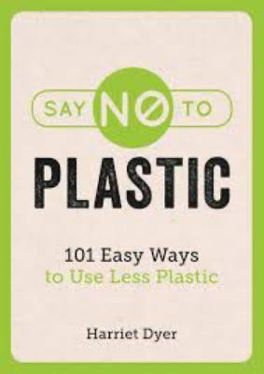
Resources for becoming an eco-citizen
Here you will find articles categorised using the model I have created for becoming an eco-citizen. They cover topics help me understand how I might make a useful contribution to a changing world. I hope they help you similarly; please let me know if there are other resources you think are worth including.
Coaching Community Collaboration
How might I, as a coach and facilitator, contribute more helpfully to the climate and societal challenges the world is facing today. And what might that require of me and my coaching practice? These are the two questions that have occupying much of my time this year and so I’ve decided to organise a coaching community collaboration, made up of unlikely bedfellows – a retreat in nature and an on-line book club.
Climate Crisis Coaching
“As groups self-organise around the world to process this collective anguish, virtually all experts agree on two therapeutic components: sharing the grief with others and transforming it into collective action on behalf of life” (Joanna Macy, Active Hope. How to face the mess we are in without going crazy)
Nature Immersion For Climate Distress
The eagle-eyed among you will notice I’ve not published any articles on the environment for a few months. I tell myself it’s because I’ve become busy with work and life in this post-pandemic period. Or that perhaps I’m distracted by more imminent crises. The truth of it though is that I’ve got stuck in my own enquiry about what it means to be an ordinary person fully present to, and in service of, a changing world – a term I call being an eco-citizen.
Let’s Go Local
I’ve been a follower, and occasional advocate, of the the Local Futures community for a few years now, having met the founder, Helena Norberg-Hodge, at Schumacher College in 2015. It’s an international non-profit organization dedicated to renewing ecological and social wellbeing by strengthening communities and local economies worldwide. And it’’s latest offering is a Localisation Action Guide, that I really like.
How To Save Our Planet
The title of this book is unsubtle and the ultra-simple way the book has been written also offers no place for ambiguity or nuance. Even the subtitle – “The Facts” gives no wiggle room. Professor Mark Maslin wrote this book during Covid lockdown and he’s pulling no punches.
There Is No Planet B
“When the challenges are so global, and each one of us so small, it can be tempting, but wrong, to think there is nothing an individual can do to help humans get a grip. To do so is a cop out.” I was so happy not to have read this book before I thought up the section of Still Waters on becoming and eco-citizen. And I was even happier to read it almost immediately after my new website went live.
Joining The Green Party
Although it may not seem to have an immediate impact, one of the small changes you might consider is joining the Green Party. You can be a fully paid up member for around £10 per month. Membership means you get access to loads of useful information on the environmental movement (as well as all their other policy areas, such as social justice). You also get the chance to participate locally, vote on policy and people and go to their conference. And psychologically you get to feel like you are part of something that is part of the solution.
Collecting Elastic Bands
A few months ago, just before Christmas, I had need of an elastic band. I realised we had none so added them to my shopping list (it’s a wild life I live!). On the way to the shop I found one on the pavement and so picked it up – problem solved, money saved, happy days.
Say No To Plastic
I bought Say No to Plastic, 101 Easy Ways to Use Less Plastic by Harriet Dyer while queuing in Waterstones for my annual pilgrimage to the shopping extravaganza that is Christmas. It was one of the tempting little books that sits near the check-out begging for an impulsive purchase.
Rescuing Food Destined For Landfill
It’s always disheartening to read about how much food never makes it to our plates. There are a number of reasons for this and the one I want to focus on here is fruit and vegetables that end up being diverted to landfill because they are the wrong size, shape or colour, or because there is a surplus. Up until the lockdown I didn’t even realise this was a thing. I had heard stories about misshapen veg but had assumed (wrongly as it turn out) that these were used in some other way in the food system.










